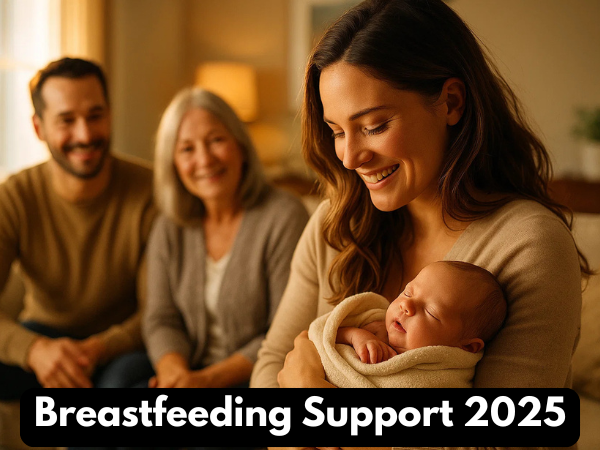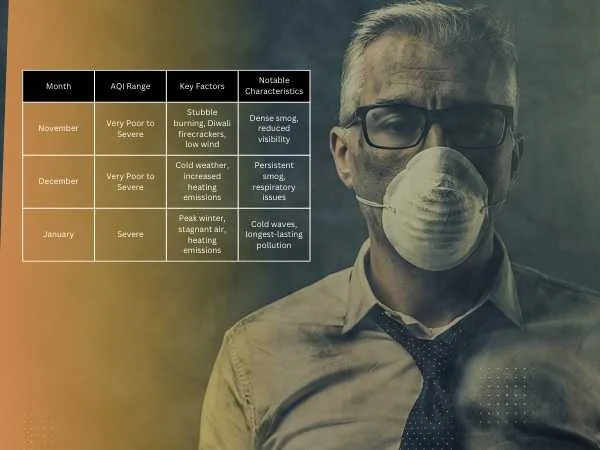Earlier this month, from 1st–7th August 2025, the world observed World Breastfeeding Week with the theme: “Prioritise Breastfeeding: Creating Sustainable Support Systems.” But the conversation doesn’t end there. Even though the official week has passed, the need for awareness, education, and practical systems of support for mothers remains as urgent as ever.

In 2025, creating a sustainable support system for breastfeeding has been so much more than providing new mothers with advice at birth. It’s about a collaborative effort built on the latest research, interactive technology, engaged families, and equitable healthcare policies. With heightened awareness and consumer pressure for better mother-and-baby health, breastfeeding support has become not just a personal choice but a public good and economic investment. Families, communities, and healthcare systems now stand as complementary, interlocking allies in advancing breastfeeding success.
A robust support system for new mothers is no longer optional—it’s a human right and an imperative for healthier societies.
The Foundation: Family Support and Its Transformative Role
Family support is the most basic pillar of a lasting breastfeeding system, according to recent research. Mothers with high levels of family support are far more likely to establish and prolong breastfeeding beyond the critical first six months. Active family involvement builds confidence and offsets anxiety and fatigue throughout the postnatal period.
In fact, a 2023 cross-sectional study confirmed that mothers with strong family support demonstrated significantly better exclusive breastfeeding rates in the first six months—a direct reminder of how much home-based support matters.
Communities: Scaling Breastfeeding Support for Real Impact
Communities remain the glue that holds today’s breastfeeding networks together. Whether in urban hospitals, rural care centres, or online forums, community-driven initiatives create inclusive, interlinked support systems for new mothers.
This was the spirit of World Breastfeeding Week 2025: “shared caring” as a safeguard against loneliness and misinformation. When communities embrace family-friendly breastfeeding practices, support thrives at all economic levels.
Evidence consistently shows that membership in breastfeeding support groups—offline or online—extends breastfeeding duration and improves both infant and maternal health.
Healthcare Systems: From Passive to Proactive
The healthcare system is shifting from passive to proactive. In 2025, policies and programs have increasingly focused on anticipatory guidance—supporting new mothers before and long after childbirth.
A 2025 clinical trial revealed that training both mothers and their families within hospital settings significantly improved breastfeeding outcomes, building maternal confidence while enhancing infant health.
Technology’s Role in Breastfeeding Support
One of the most striking developments is the integration of digital technology. From AI-driven breastfeeding apps to telemedicine platforms and online peer groups, technology now bridges physical and social distances, delivering support directly into the hands of mothers.
Latest findings in 2025 confirm that blended approaches—combining face-to-face and digital tools—can increase exclusive breastfeeding rates by up to 15% compared to traditional care alone. This is especially vital for underprivileged or rural communities.
Policy, Equity, and the Push for Change
Sustainable breastfeeding support isn’t just about intention; it’s about equity-driven policy. WHO and UNICEF have been vocal about including breastfeeding support in universal health coverage, workplace accommodations, and paid family leave.
Without such structural changes, support remains uneven—often leaving behind mothers in marginalized or economically disadvantaged settings.
Real-World Challenges
Despite global progress, barriers remain: workplace discrimination, cultural stigma, and inconsistent quality of family or healthcare support. These disparities underline the urgent need for systemic solutions that normalize support for every mother, regardless of background or circumstance.
Inclusive Futures
No two families are alike. The most successful breastfeeding systems are those that recognize diversity—from LGBTQ+ families and immigrant households to single parents and working mothers. Each requires flexible, responsive forms of support that reflect their lived realities.
A Lifetime Investment
Health economics echo what families already know: supporting breastfeeding is an investment in society’s future. Not only does it reduce long-term healthcare costs, but it also enhances child development, maternal well-being, and community health.
The WHO estimates that effective breastfeeding support systems could save over 820,000 infant lives annually worldwide—a staggering reminder of what’s at stake.
Conclusion: The Work Continues Beyond Awareness Week
As we move forward through 2025 and beyond, one truth remains clear: support for new mothers must be unconditional and year-round. World Breastfeeding Week might be over, but the mission to prioritise sustainable support systems is a continuing responsibility for families, communities, healthcare providers, and policymakers.


